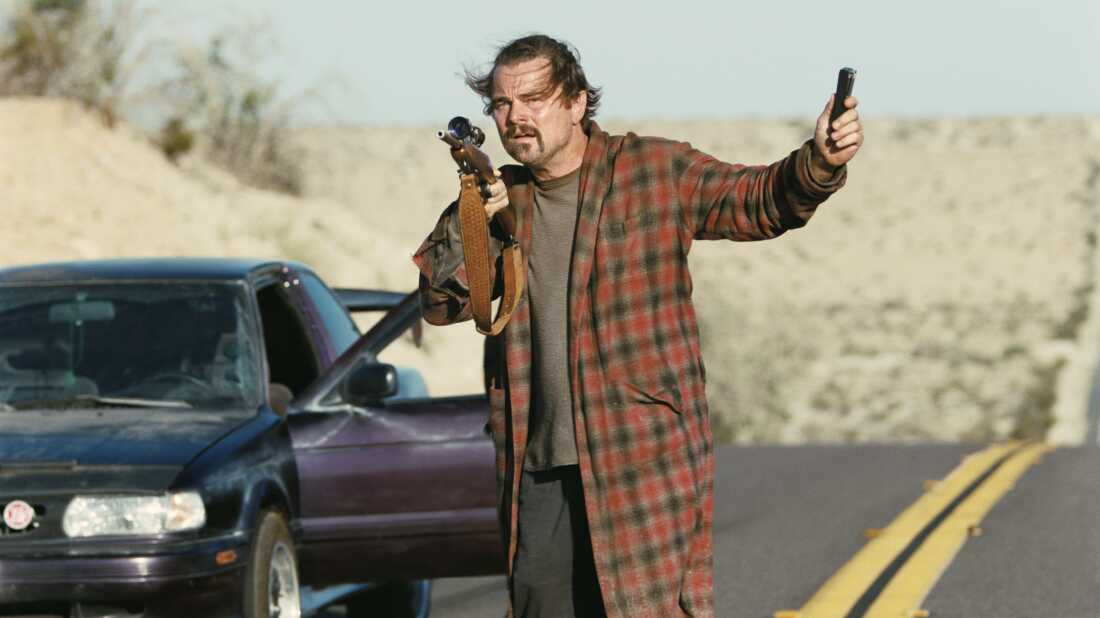
Apocalypse in the Tropics (2024) - Movie Review
- Sep 5, 2024
Brazil's 2022 general election saw the defeat of former president Jair Bolsonaro, offering some relief to his opponents. However, the victory of Luiz Inácio Lula da Silva, widely known as Lula, a centrist veteran of the Workers' Party, instead of giving birth to a complete political shift, has only exposed the prevailing far-right influences, socio-economic inequalities, and political manipulations. This intricate political landscape is the focus of Petra Costa's thought-provoking documentary, "Apocalypse in the Tropics."
Costa's previous work, "The Edge of Democracy," examined the rise of far-right politics in Brazil. This provided a significant backdrop for "Apocalypse in the Tropics," which further scrutinizes the political ambiance and the transforming influence of evangelical Christianity in the country. Unbeknownst to many, over the past 40 years, this religious movement has seen its followers increase from a mere 5% to over 30% of Brazil's population.
It is Costa's assertion that this rapid religious transformation has influenced societal norms and politics beyond the boundaries of the church. At the heart of "Apocalypse in the Tropics" is not Bolsonaro or Lula, but Pentecostal televangelist Silas Malafaia, a significant influencer within Brazil's interpretive politics, arguably wielding more power than politicians themselves.

The film departs from its singular narrative focus to provide a wider view of the social impact. The correlation between religious zeal and loyalty towards political parties, Costa suggests, can lead to disastrous consequences. She references the riots that occurred after Bolsonaro's election defeat in January 2023, fueled by Malafaia and Bolsonaro’s calls for “military intervention,” as an example.
Drawing a parallel to similar events in the U.S, the film signifies that the warnings it poses aren't exclusive to Brazil. Costa's intent is to leave international audiences contemplating whether this brand of politically influenced religious wave is the start of an apocalypse, and if so, what comes after.







